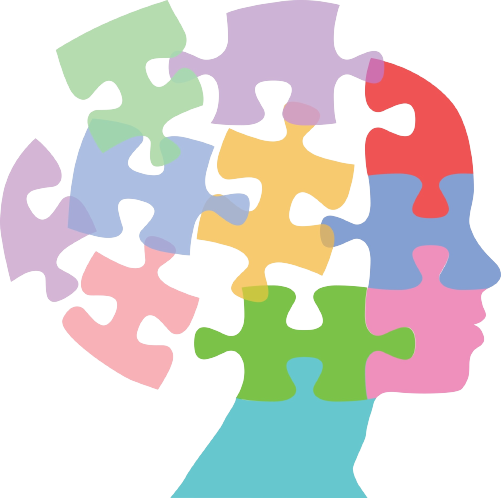What is a Work-Life Balance?
When you say the words out loud they make a lot of sense. The goal of work-life balance is important to having a fulfilling and satisfying life. The elements that make up the goal of work-life balance are based on individual circumstances and preferences and can shift regularly.
In general, work-life balance focuses on recognizing the importance of knowing what is important to you and then finding ways to engage in your life so that you fulfill your obligations and enjoy yourself overall.
It requires a level of conscious examination of yourself, deciding what you want, and planning so that you can achieve it. This of course while you navigate the challenges and pitfalls of life. Achievability centers around your being intentional and creative with regularly recalibrating your expectations to reset for success as you see it.
Common Things that Lead to a Poor Work-Life Balance
- Changes in position or increased responsibilities at work that require longer work hours
- Being unhappy and/or dissatisfied with the work you do
- Experiencing physical, mental, and emotional exhaustion due to chronic stress and work related pressure
- Transitions in relationships at home (living with others, getting married, having children, getting divorced, caring for a sick/elderly parent etc.)
- Physical Health Issues
- Lack of Self-Care
Tips for Improving Your Work-Life Balance Today
- Accept that there is no ‘perfect’ work-life balance.
Strive to have realistic expectations for yourself. Achievement of balance is measured over time and by how you are feeling. Focus on consistently assessing your life for yourself and remain open to change.
- Focus on Finding a Job that you Enjoy
Being able to work in a job that invigorates you intellectually, interests you, and provides meaning to your life supports your ability to prioritize it when it needs to be. It also leaves you feeling good when you return home. Sometimes we aren’t sure what we are interested in or what work our skills are best suited for. Job and Career counseling is available to support you as you investigate what is right for you.
- Make Your Health a Priority
Focusing on your physical and mental health allows you to be a better you overall. Annual physical check ups and regular exercise can go a long way to making sure you feel your best. When you are struggling emotionally, prioritize yourself and reach out for therapy. Therapy will support your ability to engage fully in your life in a balanced way.
- Set Goals and Boundaries
Establish work hours for yourself and make an effort to follow them. Have a cell phone and computer that is separate for work and home when possible. Try not to check your phone and email when you are at home. If you need to be available for some things, resist the urge to over engage with checking emails and the phone to see if someone reached out. Assess for yourself when you are the most productive and concentrate your energy for working during that time. Have a punch list of what you need and want to get done so that you can be as productive as possible.
- Make Time for Yourself and Your Loved Ones
Your happiness as an individual is a critical part of being able to do your job so nurture yourself. Enjoy activities and interests that are important to you. If this is hard, develop a calendar so that you can plug it all in. Quality time with others also requires deliberate action on your part. You may live in the same home with other people but that does not mean you are spending quality time with them. Our relationships are a vital part of our lives. Neglecting your relationship with your partner or your children can result in negative consequences.
- Unplug and Vacation
Taking a break from all of our devices assists with decompressing and supports us with resetting. Resetting can lead to increased energy and creativity which ultimately supports your work goals. Stepping away even for a short period of time gives us space for new thoughts and ideas to emerge. The ultimate in unplugging can be taking a vacation and leaving work behind. One day, a weekend, or even a week supports physical and mental recharging as an individual and reconnection with those we love.

